Virginia’s Pine Grove School preserves and celebrates Black history
PINE GROVE ELEMENTARY SCHOOL
Cumberland County, Virginia, is home to one of a dwindling number of remaining Rosenwald Schools built to educate Black children in the South during the segregated Jim Crow era. The historic schoolhouse now sits under the shadow of a proposed mega-landfill.
Many of Pine Grove’s former students still live nearby, and are advocating to protect the school and surrounding rural community. SELC is supporting them in their fight.
The former elementary school is listed on the National Register of Historic Places and was recently named one of “America’s 11 Most Endangered Historic Places” due to the threat posed by the landfill. Sanjay Suchak captured the community for UVA Today and we are happy to be able to share the photos with you this Black History Month.
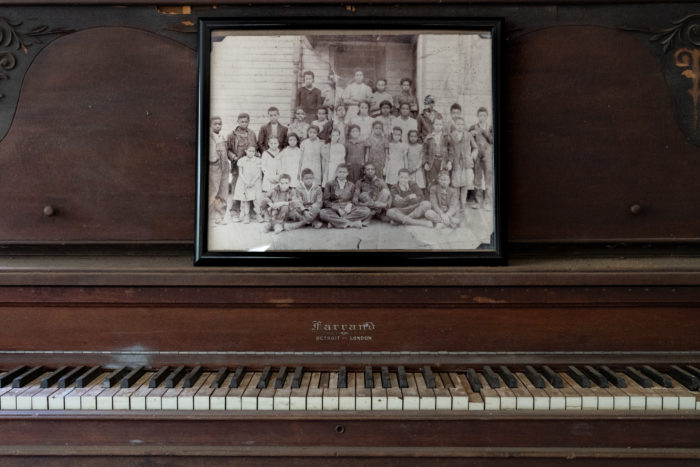
ROSENWALD SCHOOLS
Pine Grove Elementary School was completed in 1917 as part of a system of schools envisioned by renowned educator Booker T. Washington and supported by philanthropist and Sears, Roebuck and Company executive Julius Rosenwald. Based on Washington’s designs and with seed money from the Rosenwald Fund, it was one of more than 5,000 schools built across the South. The Pine Grove School educated local children until 1964 and continues to serve as an important community gathering place.
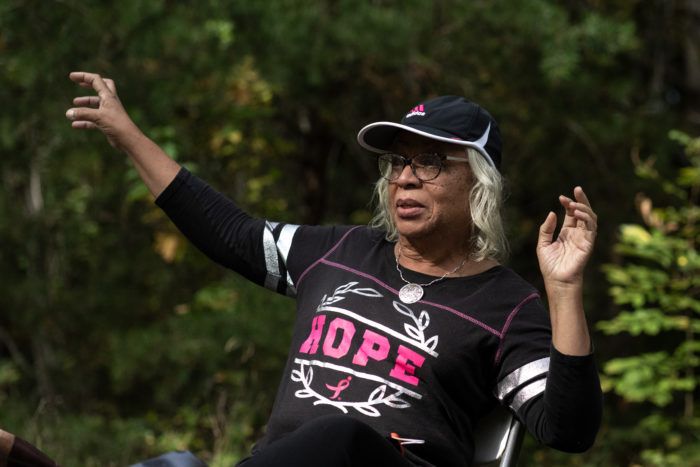
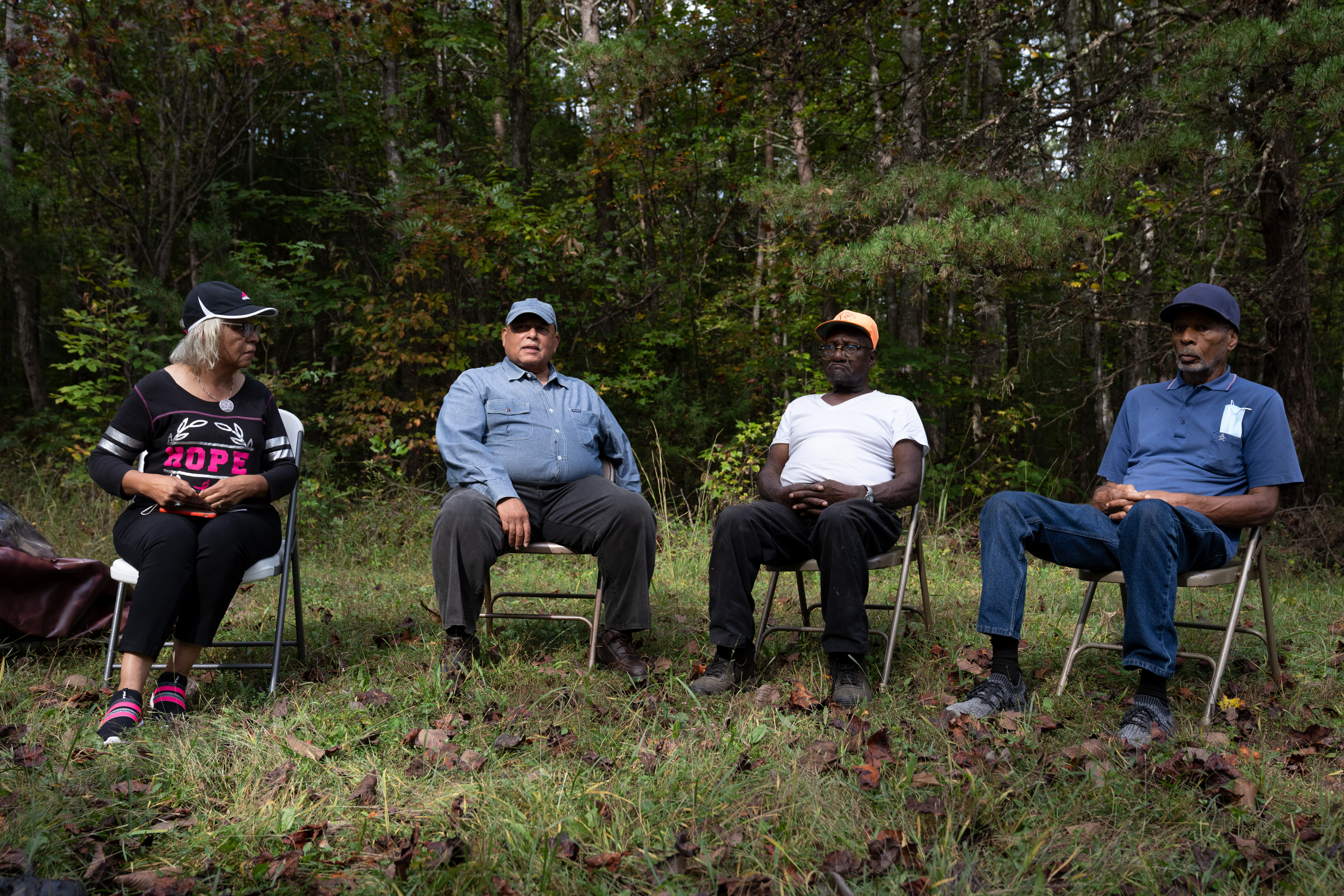
Former Pine Grove students and Cumberland County residents have formed the AMMD Pine Grove Project, a non-profit dedicated to preserving the legacy of the school and the African American community it served.
“There is value in who we are and where we live and what we built,” said President Muriel Branch, a former student, pictured on the left.
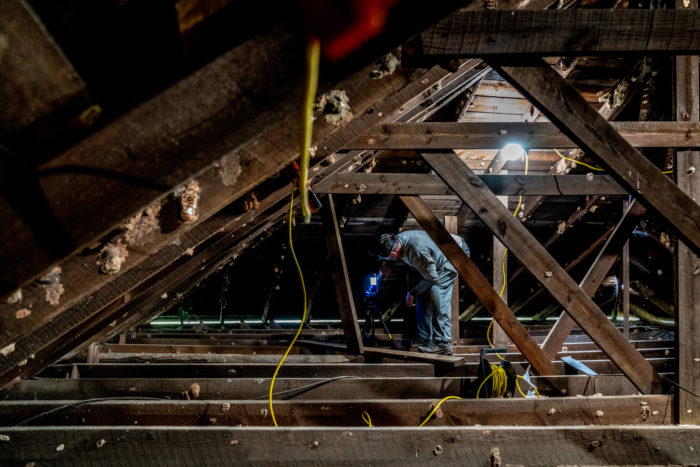
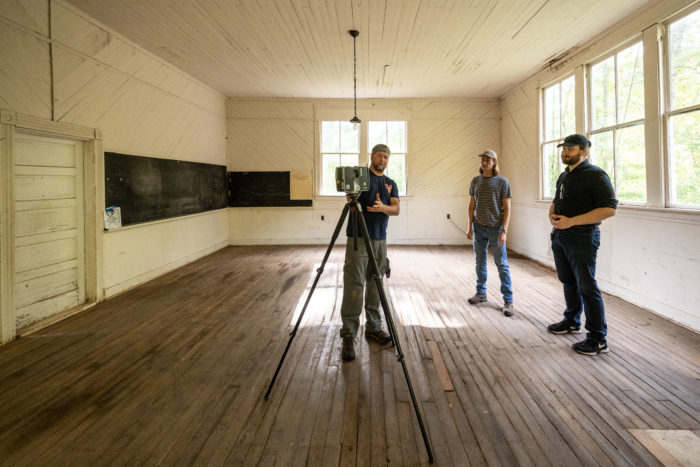
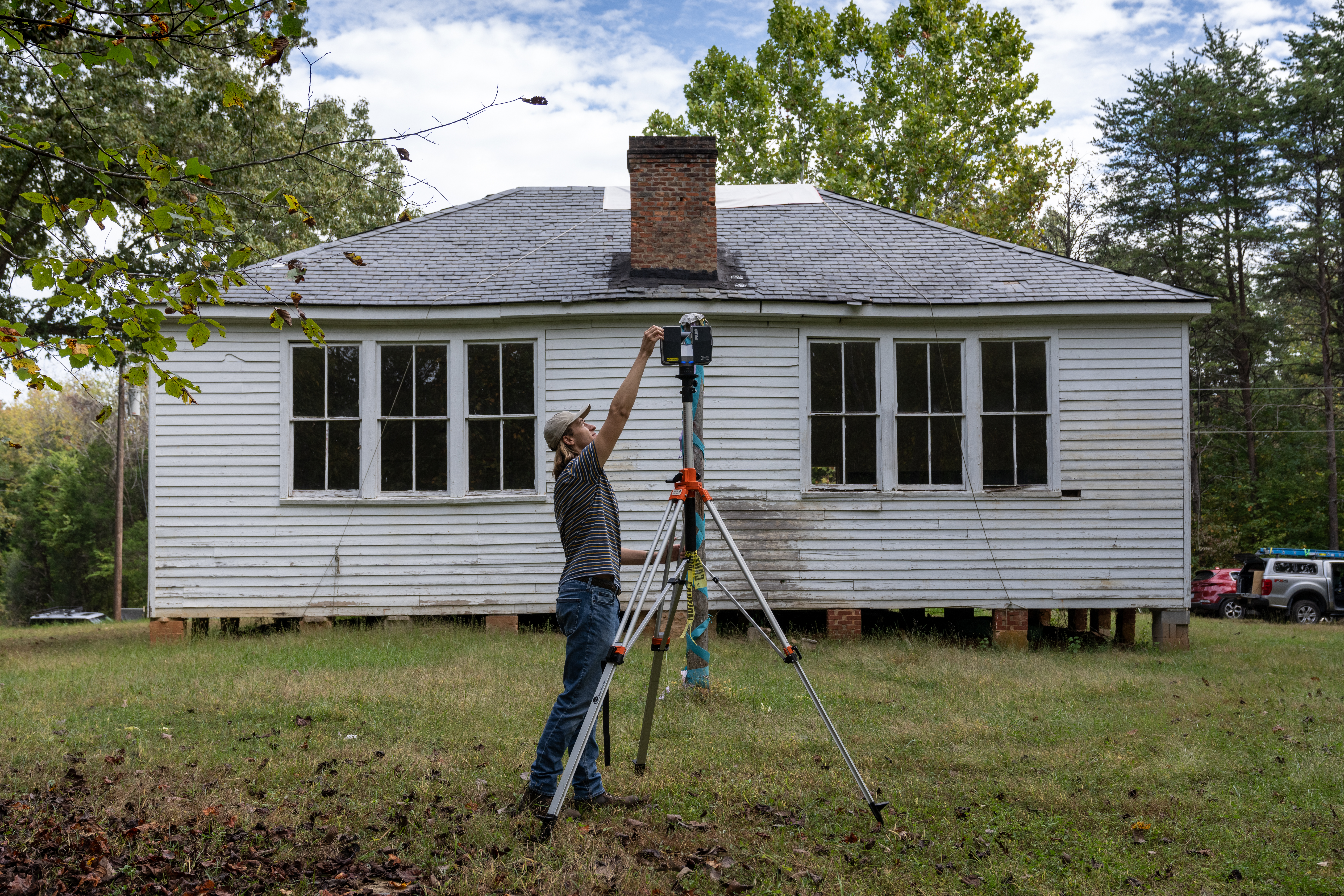
Landfill opponents have caught the attention of many. Now, a team of architectural historians from the University of Virginia are using high-tech laser scanning to create an accurate model of the school to document the historic structure and aid in digital storytelling about its significance. The University of Virginia School of Law’s Environmental Law and Community Engagement Clinic is also supporting the community’s challenge to the landfill proposal.
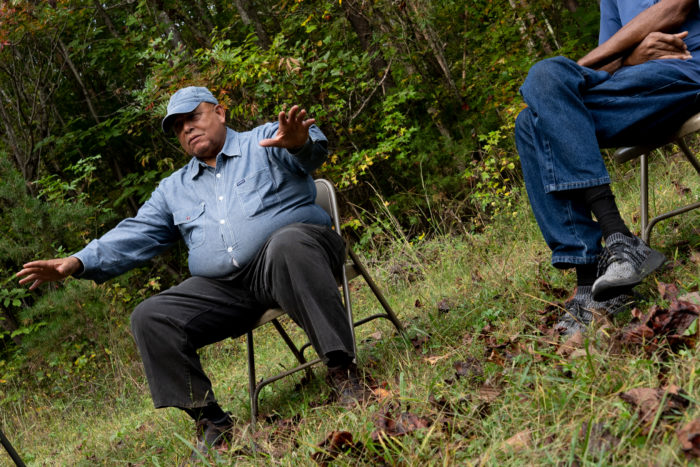
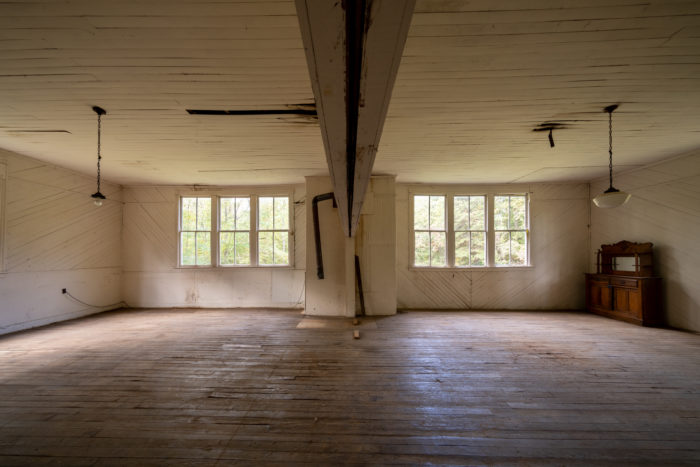
Pine Grove School served approximately 30-35 students at a time, while also functioning as the hub of community life of the broader Pine Grove community.
“You can’t tell the story of the South without telling the story of Black people,” said Cumberland County resident and former student Michael Scales, pictured above.
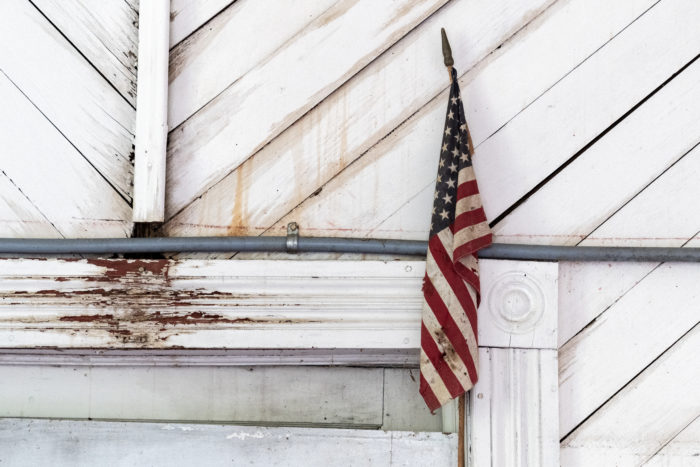
SELC is behind the Pine Grove Community as it opposes the proposed mega-landfill and pushes for stronger protections for the surrounding rural historic area. Keep following our work for updates.
